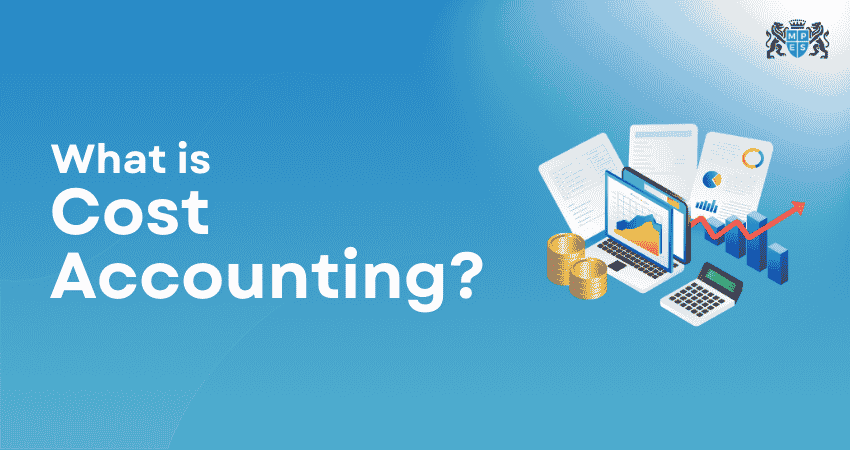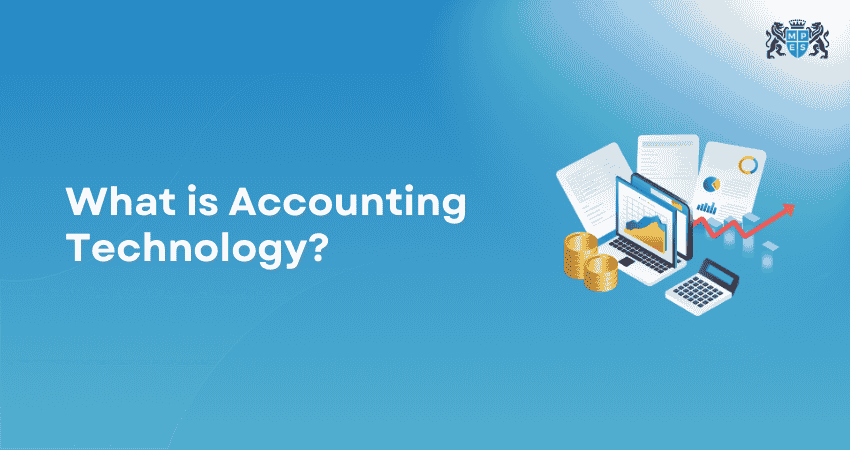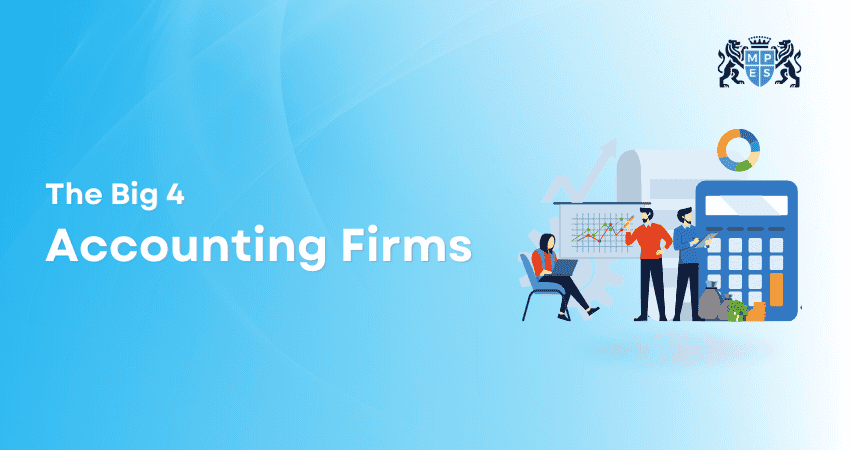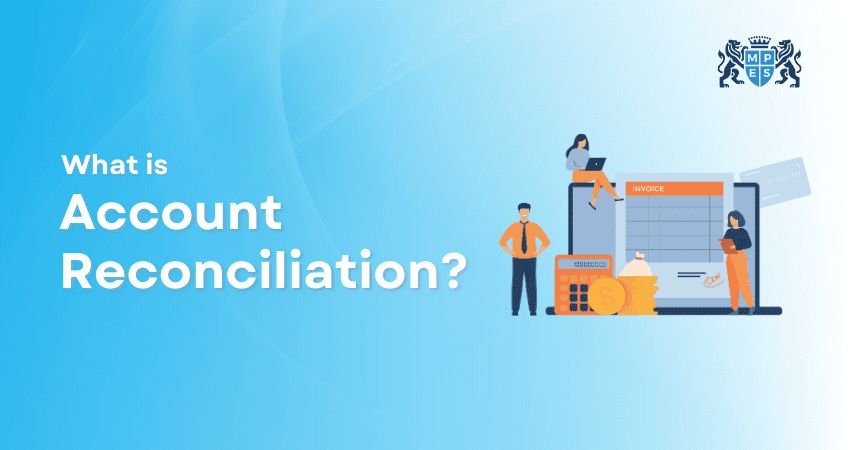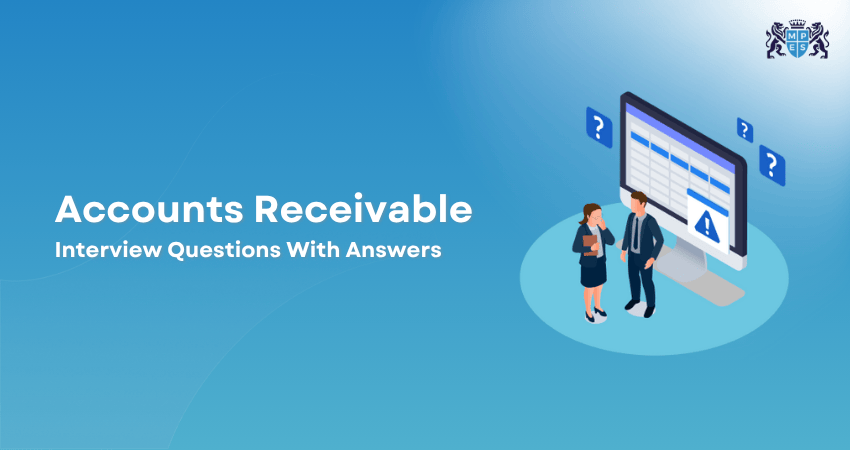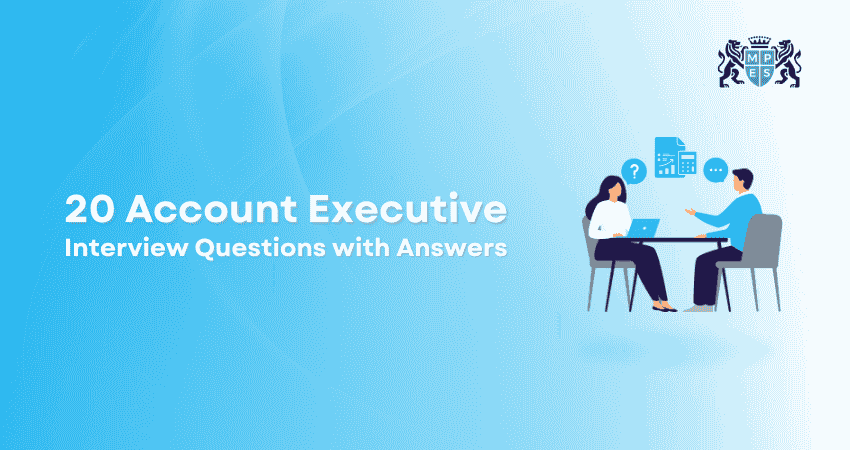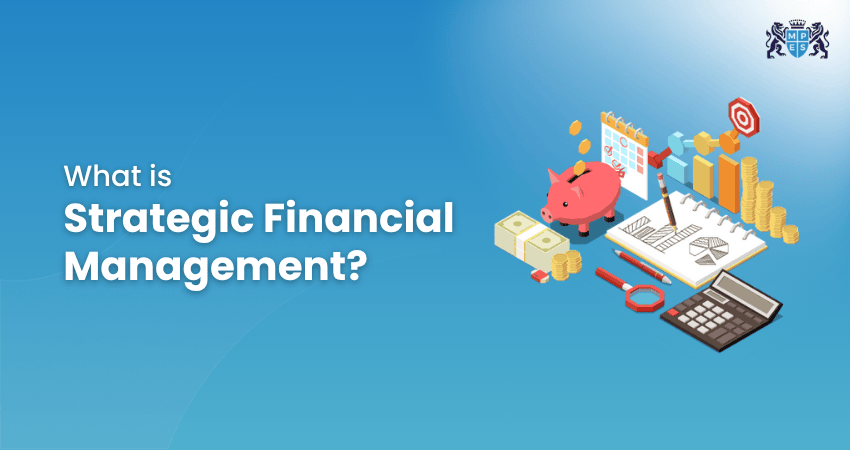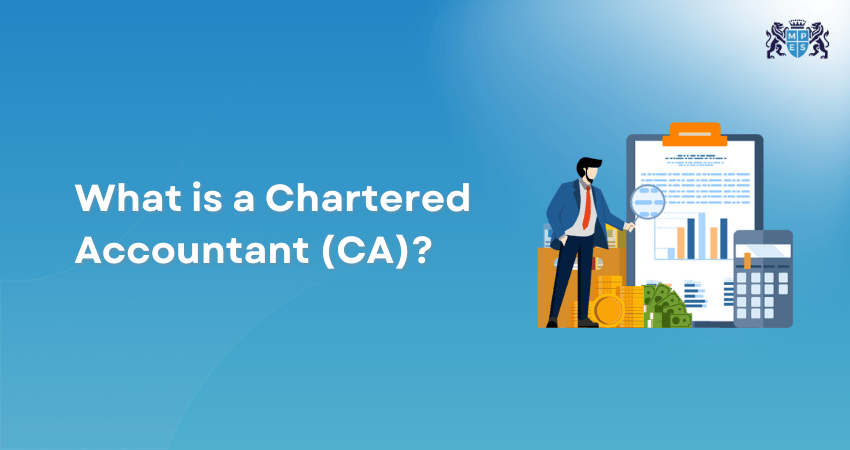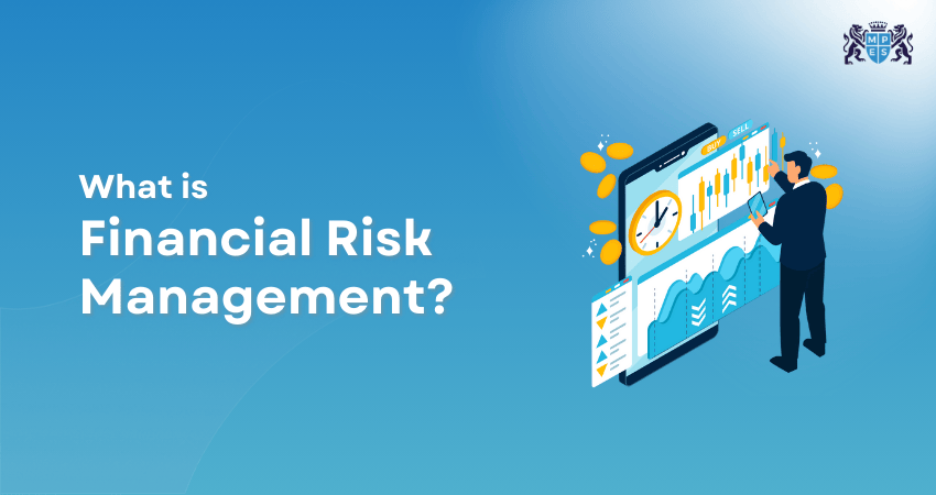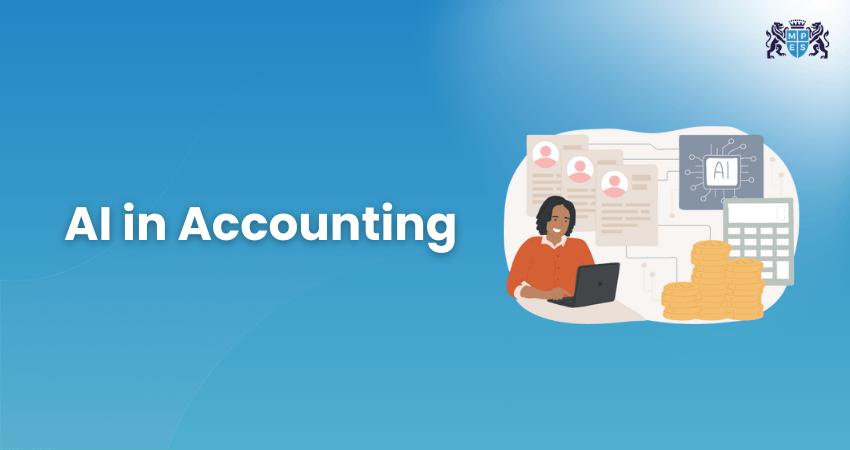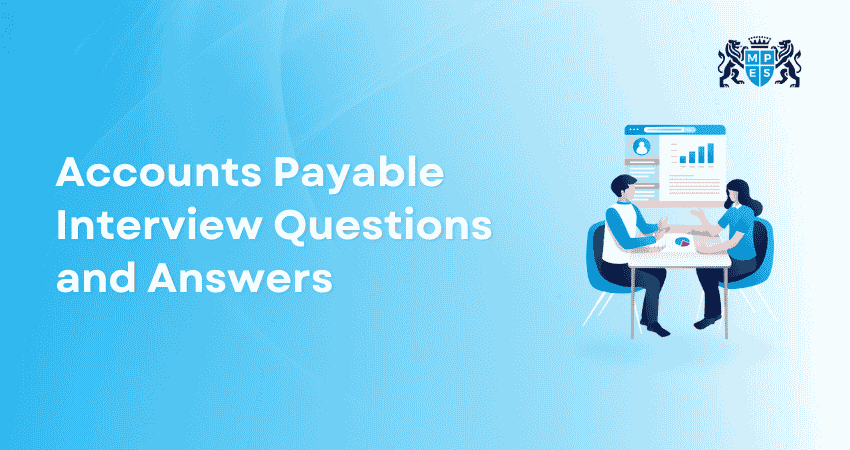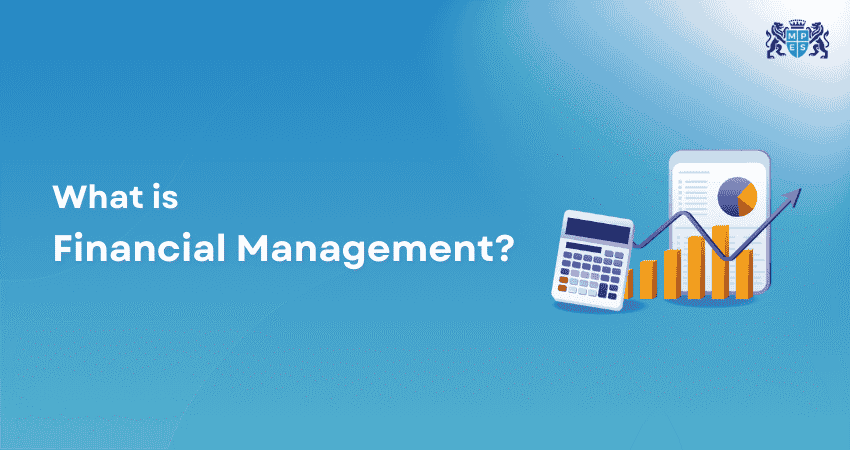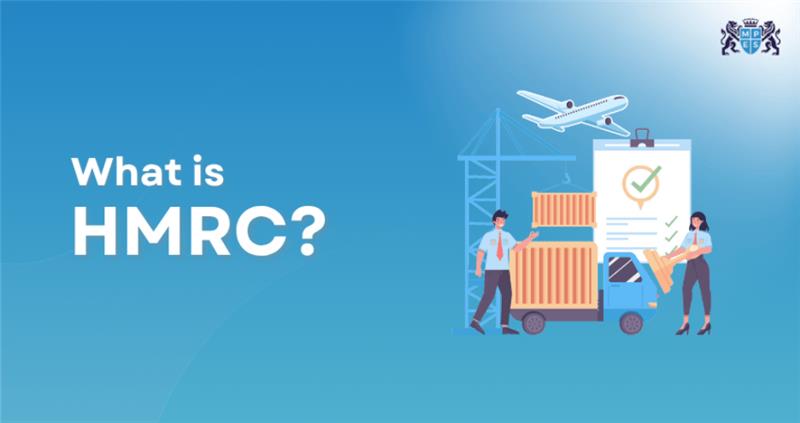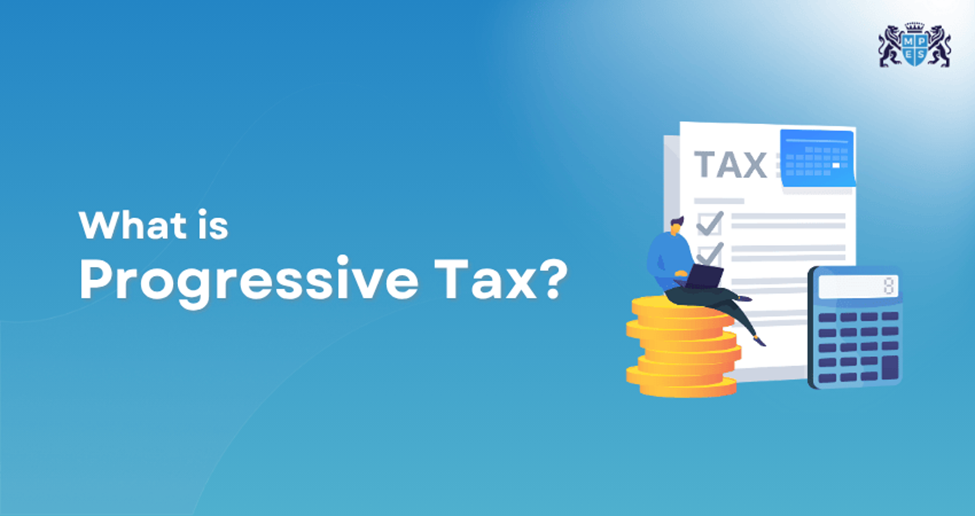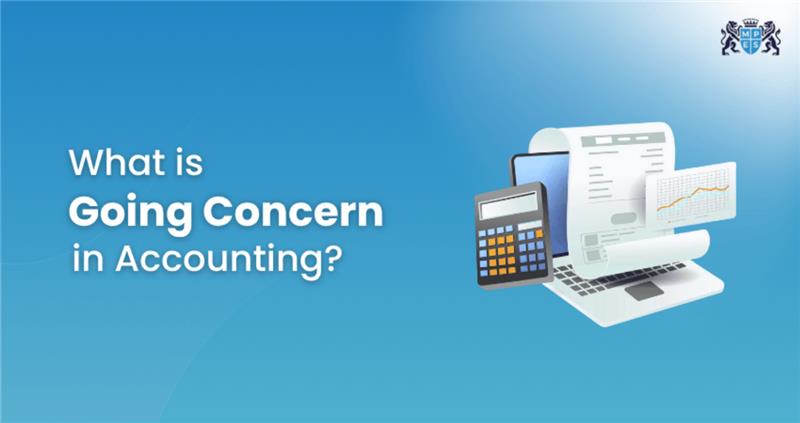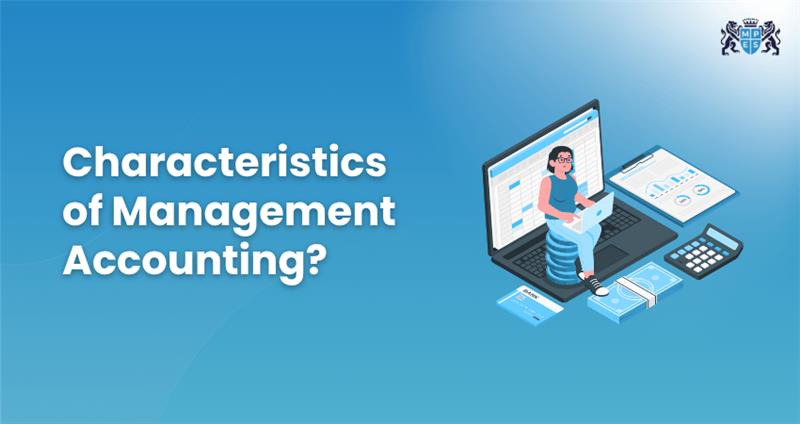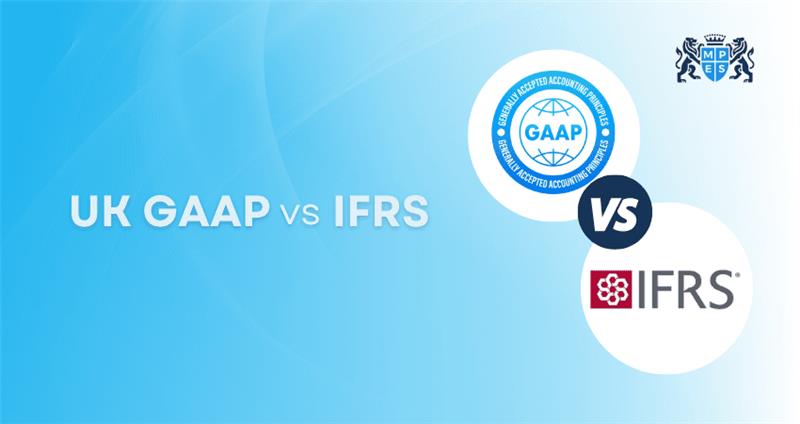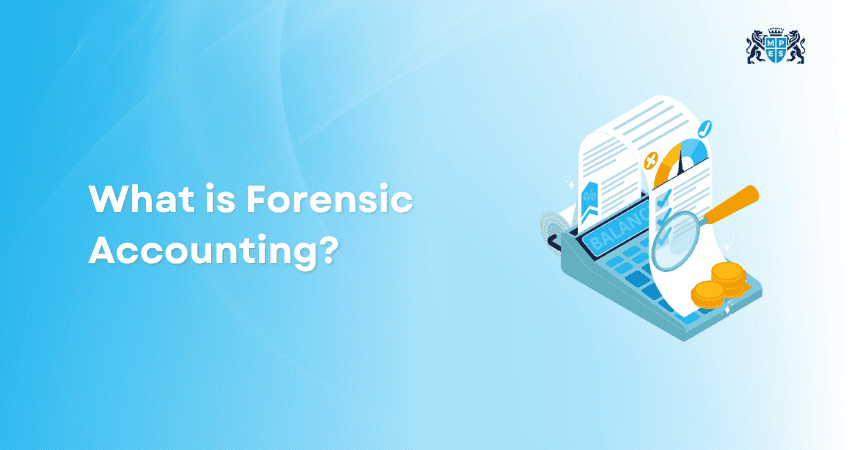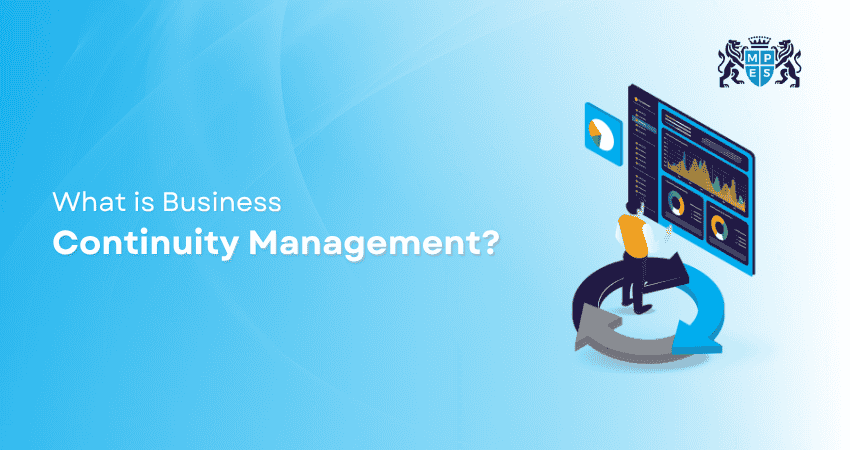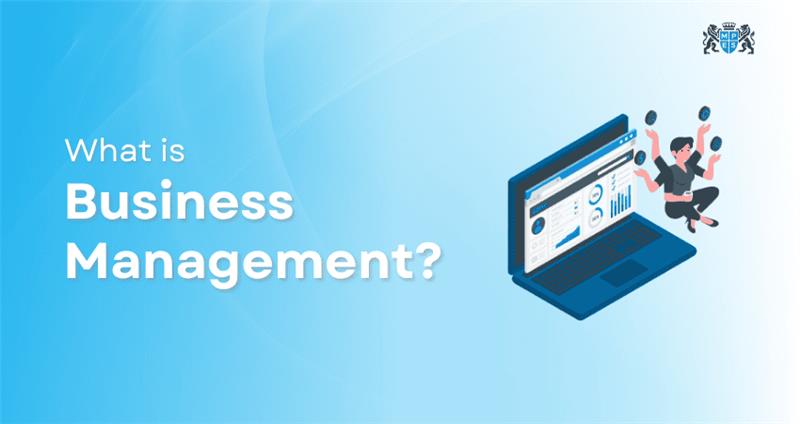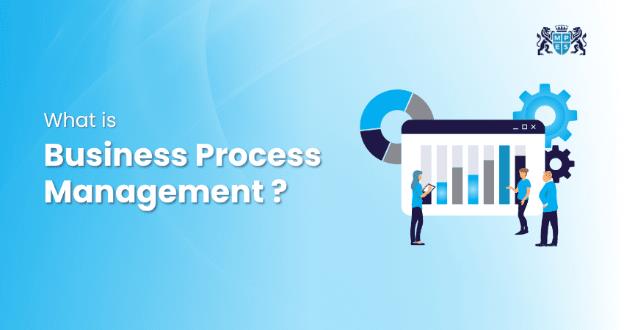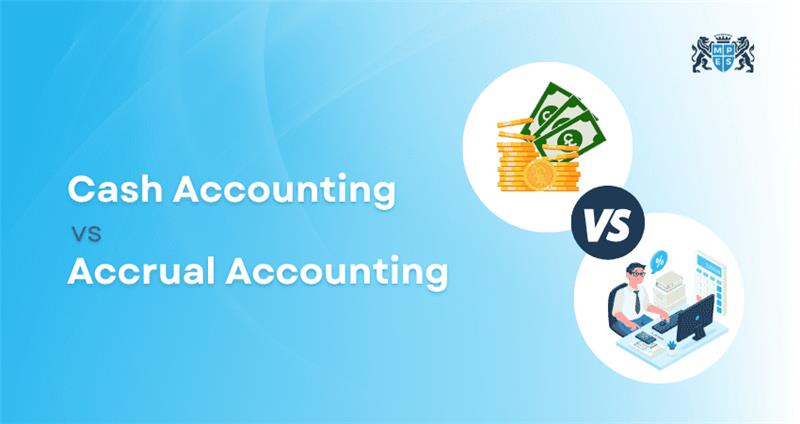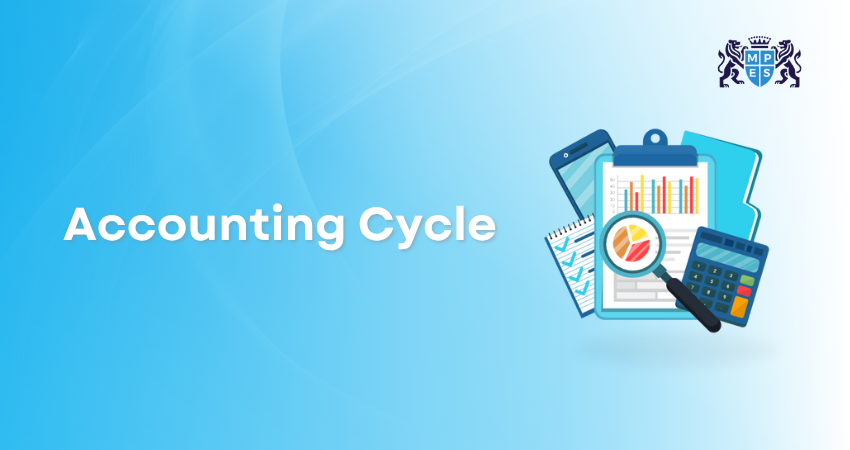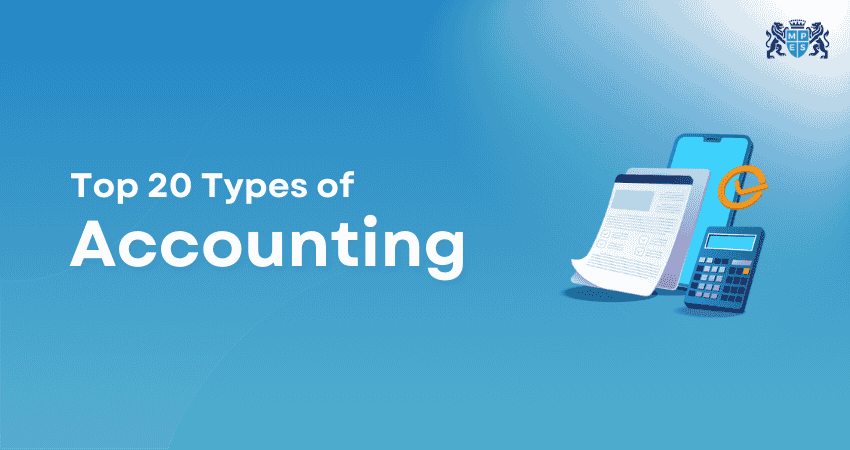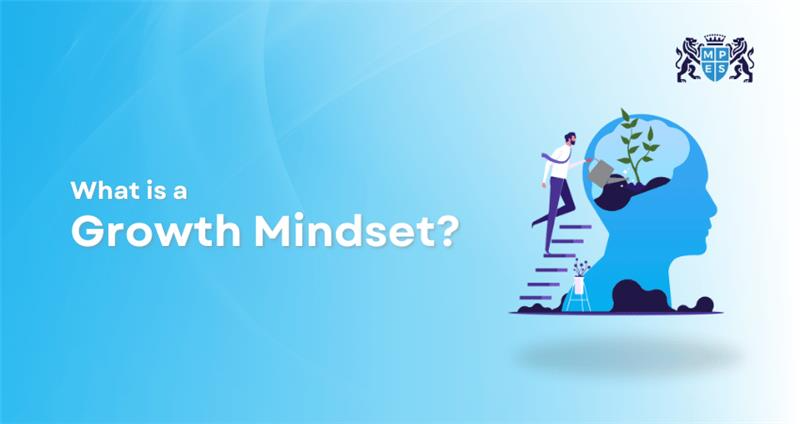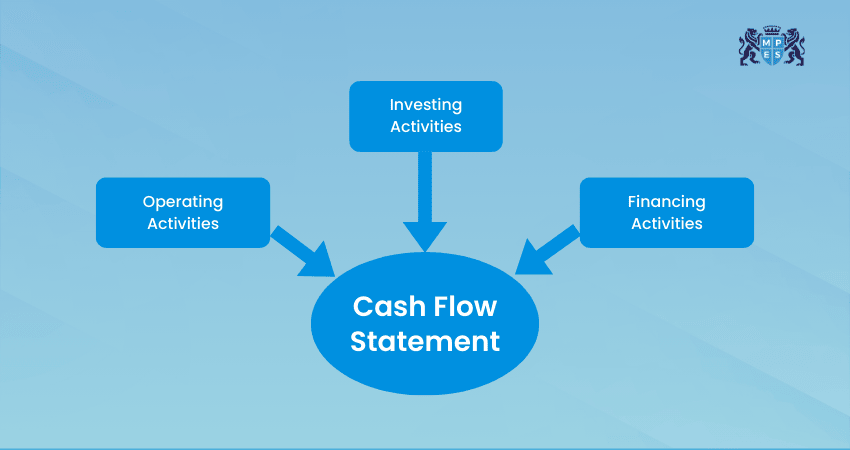Learning Options
- Online Video-Based Learning
- Flexible Schedule
- Expert Trainers with Industry Experience
- High Pass Rates
- 24/7 Personalised Support
- Interactive Learning Materials
- Live Online Classes
- Expert Trainers with Industry Experience
- Live Assessment and Feedback
- Interactive Learning Materials
- Networking Opportunities
- High Pass Rates
Overview
The APM Project Professional Qualification (PPQ) Course is designed for experienced project professionals aiming to enhance their expertise in managing complex projects. This course builds on foundational project management knowledge, equipping learners with advanced tools and techniques to lead projects successfully and align them with organisational strategies.
Advanced Project Management practices ensure that projects are delivered on time, within budget, and in line with strategic goals. This course covers key areas such as leadership, stakeholder management, governance, and resource optimisation, enabling learners to handle complex project challenges and deliver value to their organisations.
This comprehensive 4-day training offered by MPES includes expert-led sessions, practical exercises, and case studies. Learners will develop the skills to apply best practices in project management, improve team collaboration, and ensure project success. Upon completion, learners will be well-prepared for the APM Project Professional Qualification (PPQ) exam, gaining recognition as accomplished project professionals.
Course Objectives
- Understand advanced project management principles and methodologies
- Develop leadership and stakeholder engagement skills
- Learn to optimise resources and manage risks effectively
- Gain expertise in project governance and strategic alignment
- Prepare thoroughly for the APM Project Professional Qualification (PPQ) exam
Upon completion, learners will have the knowledge and skills to manage complex projects confidently, ensuring alignment with organisational objectives and successful delivery of project outcomes.

Average completion time
4 Month
with unlimited support
100% online
Start anytime
Study At Your Own PaceCourse Includes
Course Details
Develop your understanding of essential financial, business and management accounting techniques with ACCA Applied Knowledge. You'll learn basic business and management principles and the skills required of an accountant working in business.
Entry Requirements
Educational Background: A strong foundation in project management is recommended, ideally with prior completion of APM PMQ or equivalent qualifications.
Professional Experience: At least 5 years of project management experience is recommended for those aiming to excel in the PPQ exam.
Language Proficiency: A good command of English is required, as the course and exam are conducted in English.
Learning Outcomes
Master Advanced Project Management: Gain an in-depth understanding of project management principles and their application to complex projects.
Develop Leadership and Collaboration Skills: Enhance your ability to lead teams, engage stakeholders, and foster collaboration.
Optimise Resources and Mitigate Risks: Build skills in resource management and risk mitigation to ensure successful project delivery.
Ensure Strategic Alignment: Learn to align project objectives with organisational goals for maximum value delivery.
Target Audience
- Senior Project Managers
- Senior Project Leaders
- Programme Managers
- Portfolio Managers
- PMO Managers and Directors
- Business Change Managers
- Risk Managers
The APM Project Professional Qualification (PPQ) Course is tailored for experienced project professionals aiming to advance their skills. It equips learners with advanced techniques to manage complex projects and align them with organisational strategies, ensuring successful outcomes. Below are the individuals who will benefit from this course:
Course content
- Evaluate Ethical, Flexible, Inspirational and Collaborative Approaches
- Project’s Strategic Goals
- High-Performance Teams
- Tools, Techniques and Leadership Behaviours
- How to Respond to Changes in a Project’s Environment?
- Develop And Maintain an Effective Team
- Role of Monitoring and Feedback
- Relationship Between Performance Management, The Team Development Cycle, and Motivation to the Success of a Project
- Evaluate the Usage of Conflict to Improve Individual and Team Performance.
- Why and How to Act with Objectivity, Impartiality and Honesty
- Analyse Appropriate Actions
- Evaluate Ways to Address Challenges, Issues and Conflict
- Maintain an Awareness of Challenges, Issues, and Conflict
- How to Maintain Decision-Making Hierarchies?
- How Decision-Making Relates to the Organisation’s Governance Structure?
- Logical and Recognised Approach to Decision Making
- Analyse Ways Appropriately Communicate with Stakeholders
- Evaluate Ways in Which to Communicate Throughout a Project
- Effective Verbal Communication
- How to Effectively Negotiate with Internal Stakeholders?
- How to Effectively Negotiate with External Stakeholders?
- Evaluate Appropriate Structures and Hierarchies for a Project
- Why and How to Establish Roles, Responsibilities and Relationships within a Project
- Establish and Maintain the Reporting Hierarchies and Structure During the Life of a Project
- Key Stages in a Project-Based Life Cycle
- Importance of Aligning Reviews with Organisational, Legal and Regulatory Requirements
- Analyse Situations and How to Resolve Them
- Reasons for Accurately Documenting Deviations from a Project Plan
- Implementation And Maintenance of Change Control Process
- Determine The Impact on a Project’s Scope and Objectives
- Implement And Manage Approved Changes to a Project
- Why and How Trends Analysis is used to Add Value?
- Techniques to Determine Stakeholder Power, Influence, and Interest
- Develop and Implement a Stakeholder Engagement and Communication Plan
- Monitor and Amend a Stakeholder Engagement and Communication Plan
- Evaluate Relevant Feedback from Stakeholders
- Why and How to Provide Relevant Stakeholders with Financial Reports
- Importance of Confirming the Intended Benefits
- Develop a Benefits Management Strategy
- Importance of Prioritising the Achievement of Benefits
- Create a Benefits Realisation Plan
- Evaluate Ways to Maximise Achievement of the Planned Benefits
- Cost Tracking Tools and Techniques
- Importance of Cashflow and Cashflow Forecasting
- Establish Cost Trends and Monitor the Financial Performance
- Importance of Cost Analysis and its Role
- Importance of Completing all Financial Transactions
- Qualitative and Quantitative Approaches to Risk Identification and Analysis
- How to Record and Plan Responses to Risks
- Why and How to Implement Appropriate Responses to Risks
- Importance of Reviewing How Risks Were Managed
- Why And How to Record and Plan Responses to Resolve Issues
- How to Implement Appropriate Responses to Issues?
- Importance of Reviewing How Issues were Resolved During a Project
- Document the Outcomes of a Project’s Planning Process
- Fundamental Components of Scope, Schedule, Resource, Budgets, Risks and Quality
- Purpose of an Integrated Plan
- Why And How to Monitor the Progress of a Project?
- Why and How to Adjust an Integrated Plan?
Domain 1: Delivering Projects through Effective Leadership and Management
Module 1: Provide Visionary Leadership for a Project
Module 2: Establish and Develop Teams to Achieve Project Aims and Objectives
Module 3: Maintain an Engaged and Constructive Team through a Positive Approach to Conflict Management
Module 4: Resolve Problems Taking a Logical Approach to the Problem-solving Process
Module 5: Make Decisions which Support the Objectives of a Project
Module 6: Communicate Effectively with Stakeholders to Achieve a Project’s Objectives
Module 7: Negotiate Effectively with Stakeholders to Achieve a Project’s Objectives
Domain 2: Delivering Projects through Effective Governance and Oversight
Module 1: Establish and Maintain the Governance Structure of a Project to Ensure Alignment to Organisational Practice
Module 2: Use Information to Inform Reviews and Help Manage Deviations from a Project Plan
Module 3: Manage Change Control Processes and Protocols
Module 4: Manage Stakeholder Influence, Interest and Engagement for the Benefit of a Project
Module 5: Deliver the Intended Benefits of a Project
Domain 3: Delivering Projects through Effective Planning and Control
Module 1: Manage Project Costs within Agreed Budgets Which Supports Management of a Project
Module 2: Respond to Risks to Minimise Threats and Increase Opportunities
Module 3: Respond to Issues in a Way that Supports the Management of a Project
Module 4: Develop and Implement an Integrated Plan to Support the Management of a Project
MPES Support That Helps You Succeed
At MPES, we offer comprehensive support to help you succeed in your studies. With expert guidance and valuable resources, we help you stay on track throughout your course.
- MPES Learning offers dedicated support to help you succeed in Accounting and Finance courses.
- Get expert guidance from tutors available online to assist with your studies.
- Check your eligibility for exemptions with the relevant professional body before starting.
- Our supportive team is here to offer study advice and support throughout your course.
- Access a range of materials to help enhance your learning experience. These resources include practice exercises and additional reading to support your progress.
Career Growth Stories
Discover how MPES Learning transforms careers with real success stories.

Arvy Pasanting

As a qualified accountant, studying at MPES has been a very rewarding experience. Its team of passionate and dedicated mentors gave me the confidence and knowledge I needed to not just excel at my current role as an auditor, but also inspired me to expand my horizons.
Arvy Pasanting
David Ford

I was recommended MPES after searching for a way to pursue a career in the accounting profession, I have studied with them throughout my journey utilising both their “in class” and online learning opportunities that fit around the needs of my employer, I have found them to be consummate professionals delivering first class accounting courses with support always available.
David Ford
Aaron Allcote

As a finance officer, MPES has been a huge help in understanding the process of recording and processing transactions from all different perspectives. The courses are very easy to follow, and the training they provide can be applied to real-life scenarios. The courses have been a huge help for me, and I would highly recommend them.
Aaron Allcote
Bob Beaumont

I completed all of my ACA studies with MPES and I think you would struggle to find a better training provider anywhere in the British Isles. MPES' tutors are excellent both at delivering training and giving individualised feedback and coaching. the supporting materials and the out of class support are also great.
Bob Beaumont
George Evans

The Financial Risk Management Course at MPES was invaluable in deepening my understanding of risk assessment and mitigation strategies. The hands-on learning approach allowed me to apply new concepts directly to my work. I highly recommend it for professionals in finance.
George Evans
James Robinson

As a financial consultant, I am always seeking ways to enhance my expertise. The Investment Analysis Course at MPES exceeded my expectations, offering practical skills and knowledge that I can apply immediately in my consulting work. It's an outstanding choice for professionals in finance.
James Robinson
Laura Bennett

The Corporate Finance Course I attended at MPES was transformative. The depth of knowledge shared by the instructors and the relevance of the topics covered have directly impacted on our financial strategy. I strongly endorse this program for anyone in a leadership position in finance.
Laura Bennett
Emma Johnson

The Financial Modeling and Valuation Course at MPES was incredibly insightful. The practical applications and real-world examples helped solidify my understanding of complex concepts. I highly recommend this course to anyone looking to enhance their financial acumen.
Emma JohnsonHave Questions? We’ve Got You
If you have any questions, we’re here to help. Find the answers you need in the MPES detailed FAQ section.
Q. What is the APM Project Professional Qualification (PPQ)?
The APM PPQ is an advanced project management qualification that demonstrates expertise in managing complex projects, covering areas such as governance, leadership, and resource optimisation.
Q. Do I need prior project management experience to take this course?
Yes, at least 5 years of project management experience is recommended. Prior completion of the APM PMQ or equivalent qualifications is also beneficial.
Q. What topics are covered in this course?
The course covers advanced project management principles, including stakeholder engagement, governance, risk management, resource optimisation, and strategic alignment.
Q. How is the course delivered?
The course is delivered through expert-led sessions, practical exercises, and real-world case studies, ensuring learners are well-prepared for the APM PPQ exam.
Q. Will I receive a certification after completing this course?
Upon completing the course and passing the APM PPQ exam, you will earn the APM Project Professional Qualification, demonstrating your advanced project management capabilities.
Related Courses
Explore additional courses designed to complement your learning journey and enhance your professional skills. Expand your knowledge with these expertly curated options tailored to your career goals.


Resources
Access a wide range of free resources to support your learning journey. From blogs to news and podcasts, these valuable guides are available at no cost to help you succeed.
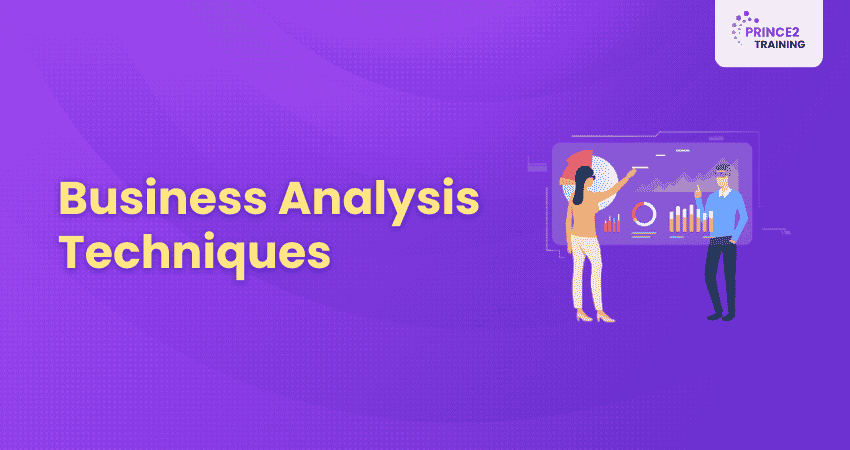
Top 15 Effective Business Analysis Techniques to Achieve Success
Veronica Davis14-Jan-2025
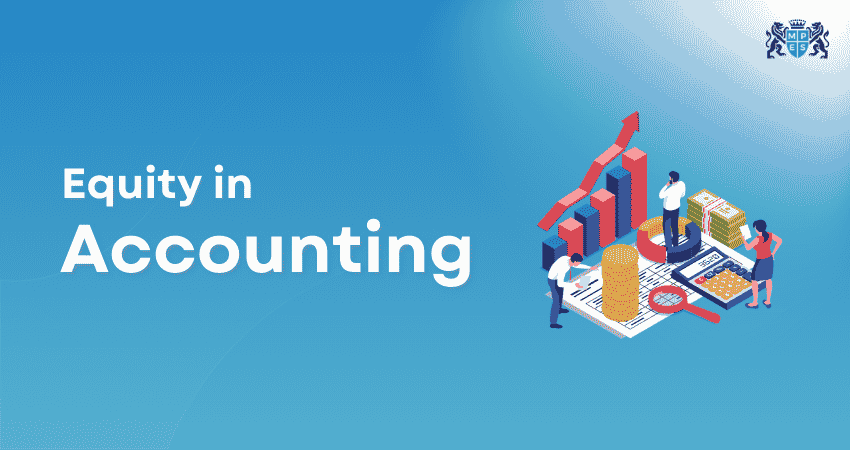
Equity in Accounting: Meaning, Components & How to Calculate it
Maria Thompson10-Jan-2026
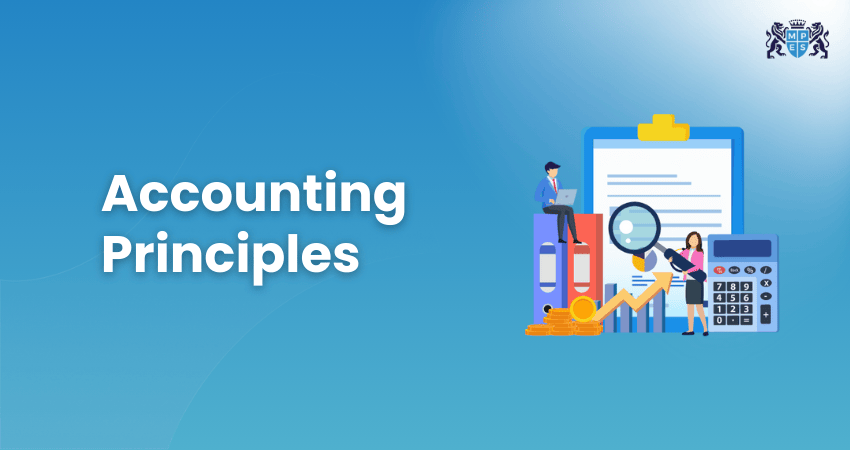
Accounting Principles: Definition, Types, Importance, and Benefits
Grace Mitchell22-Sep-2025
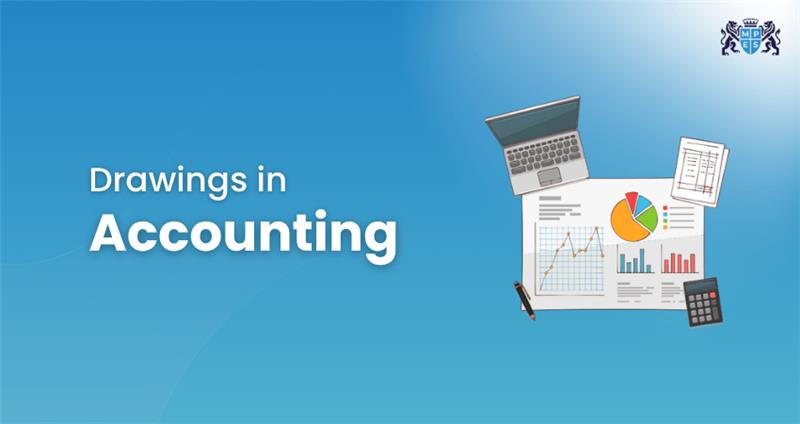
Drawings in Accounting: Definition, Characteristics, and Examples
Maria Thompson21-Jul-2025

The Best Accounting and Finance Books for Professionals and Students
Maria Thompson07-Jul-2025

Activity-Based Costing (ABC): Definition, Benefits & Limitations
Maria Thompson16-Jun-2025

Job Shadowing: How it Benefits Teams via Observational Learning
Maria Thompson13-Jun-2025

Deferred Revenue: Definition, Liability Risks & Examples Explained
Maria Thompson10-Jun-2025

18 High Income Skills to Master in 2026 for Great Profitability
Maria Thompson26-May-2025

AI in Workplace: Benefits & Examples Shaping the Future of Work
Maria Thompson20-May-2025

15 Reasons Why to Become an Accountant: Benefits & Career Growth
Maria Thompson14-May-2025

How to Motivate Yourself: 20 Powerful Tips for Self-improvement
Maria Thompson12-May-2025
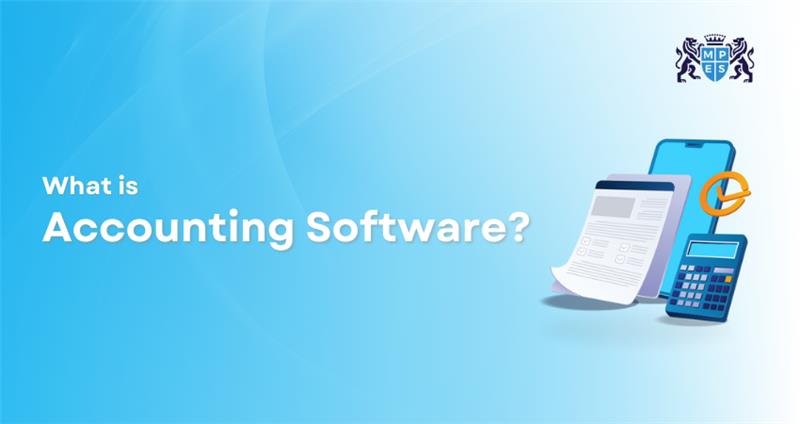
What Is Accounting Software? Features, Types & Benefits Explained
Maria Thompson07-May-2025

Cyber Security for Business: Meaning, Importance & Tips Explained
Maria Thompson02-May-2025

What is Bookkeeping, Its Importance and How to Become a Bookkeeper
Maria Thompson28-Apr-2025

Freelancing vs Full-Time Employment: Choosing the Right Career Path
Maria Thompson25-Apr-2025

What is Financial Reporting: Types, Importance and Uses Explained
Maria Thompson21-Apr-2025
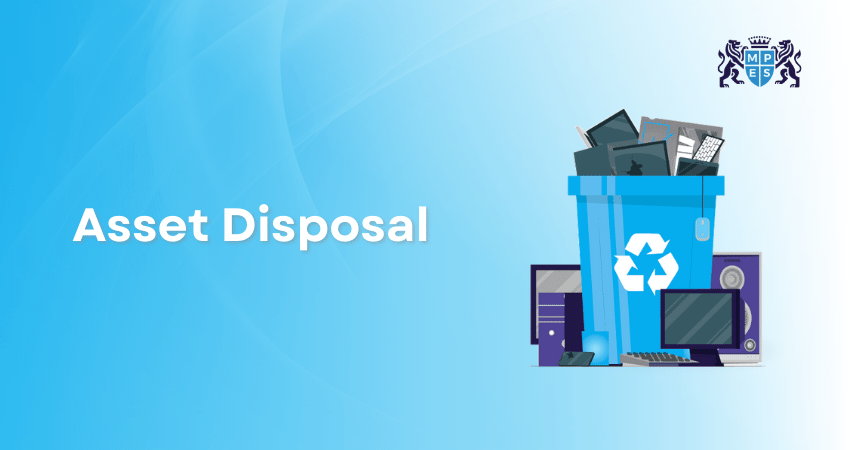
Asset Disposal: Definition, Types, Methods and Examples Explained
Maria Thompson16-Apr-2025

Allowable and Disallowable Expenses in the UK: Explained in Detail
Maria Thompson09-Apr-2025

What is Human Resource Management (HRM)? Principles and Functions
Maria Thompson08-Apr-2025

Navigating Career Transitions with the 10 Steps Framework Guide
Maria Thompson28-Mar-2025

Top 15 IT Soft Skills Every Tech Professional Should Have in 2025
Maria Thompson05-Mar-2025

Trade Payables: Definition, Benefits, Tips, and Examples for Business
Maria Thompson03-Mar-2025

What is Goodwill in Accounting? Importance, Types, and Examples
Maria Thompson11-Feb-2025

Audit vs. Assurance: Definitions, Key Differences & Similarities
Maria Thompson03-Feb-2025

What is DeepSeek R1 Model, and How it Ranks Against OpenAI's o1?
Maria Thompson31-Jan-2025

What Is Cash Basis Accounting? Definition, Example and New Updates
Maria Thompson29-Jan-2025

Corporate Tax Planning: Definition, Types, Strategies, and Benefits
Maria Thompson27-Jan-2025

The Power of Resilience: Strategies to Develop Your Inner Strength
Maria Thompson23-Jan-2025

Financial Accounting vs Management Accounting: What's the Difference?
Maria Thompson22-Jan-2025
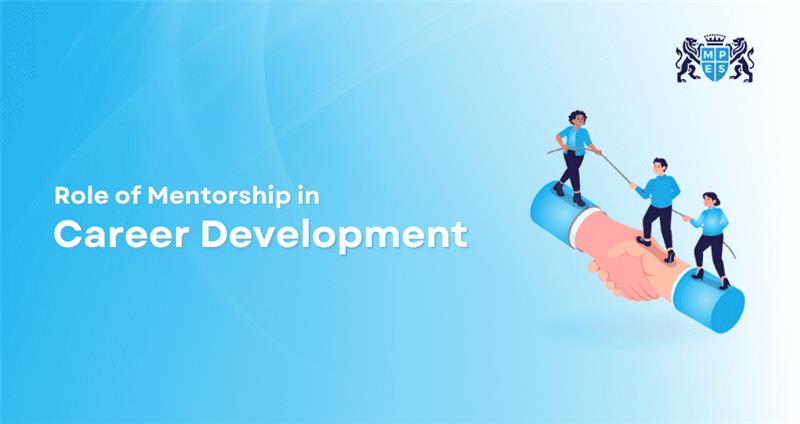
Role of Mentorship in Career Development: A Catalyst for Success
Maria Thompson16-Jan-2025

What is a Stakeholder: Definition, Types and Examples Explained
Maria Thompson13-Jan-2025

15 Reasons You Should Invest in Professional Development: Explained
Maria Thompson03-Jan-2025

What is Corporate Governance: Principles, Models, and Best Practices
Maria Thompson23-Dec-2024

What Is Management Accounting? Types and Key Functions Explained
Maria Thompson18-Dec-2024

Accounting Secrets to Effective Budgeting: Proven Strategies for Creating Effective Budgets
Maria Thompson16-Dec-2024

Financial Accounting in a Remote Work Era: Adapting Key Practices
Maria Thompson12-Dec-2024

Future-ready Accountants: Top Certifications to Bridge Skills Gaps in 2025
Maria Thompson04-Dec-2024
 Have Any Question?
Have Any Question?
 +44 7452 122728
+44 7452 122728






 Back
Back



